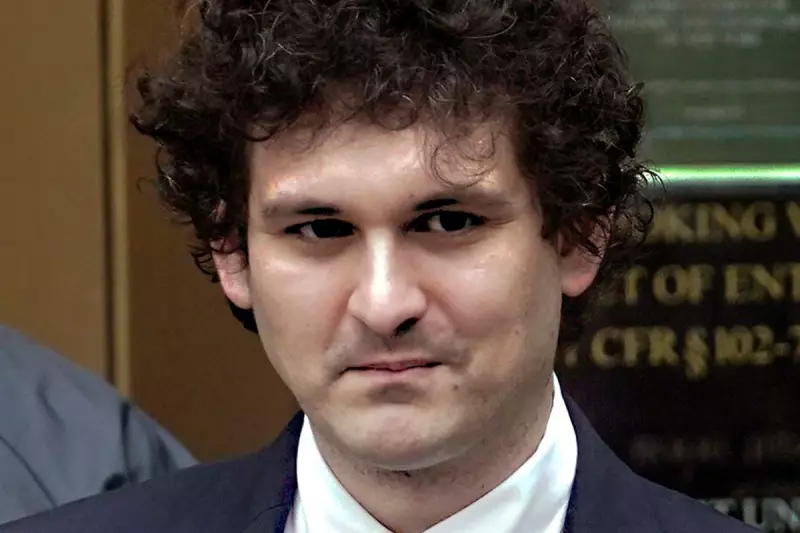
In a dramatic conclusion to one of the most spectacular financial downfalls in modern history, former cryptocurrency billionaire Sam Bankman-Fried has been sentenced to 25 years in federal prison for masterminding a multi-billion dollar fraud that vaporised customer funds and shattered the crypto industry's credibility.
The Rise and Catastrophic Fall of a Crypto King
Once hailed as the golden boy of digital assets and valued at $32 billion, Bankman-Fried saw his empire crumble virtually overnight when FTX, his Bahamas-based cryptocurrency exchange, collapsed in November 2022. The disintegration revealed an astonishing web of financial misconduct that left millions of customers unable to access their funds.
US District Judge Lewis Kaplan delivered the sentence in a packed Manhattan courtroom, describing Bankman-Fried as someone who knew it was wrong but committed the crimes anyway. The judge noted the defendant's apparent lack of genuine remorse for one of the largest financial frauds in American history.
A Trail of Destruction and Stolen Billions
Prosecutors detailed how Bankman-Fried systematically looted customer deposits to fund extravagant personal expenses, risky business ventures, and political contributions. The scale of the theft reached approximately $8 billion in missing customer assets.
During emotional victim impact statements, former FTX customers described how their life savings vanished overnight. One investor heartbreakingly revealed how his retirement fund disappeared just as he was preparing to leave the workforce.
The Defence's Plea and Judicial Response
Bankman-Fried's legal team argued for a more lenient five-to-six-year sentence, claiming their client was a complex individual who ultimately intended to repay all customers. They portrayed him as a mathematically gifted but socially awkward young man overwhelmed by his company's rapid growth.
Judge Kaplan firmly rejected these characterisations, stating that Bankman-Fried's testimony during trial was often evasive and hair-splitting. The judge emphasised that the sentence needed to reflect the severity of the crimes and serve as a deterrent to others in the volatile cryptocurrency space.
Beyond the Prison Term: Ongoing Repercussions
While Bankman-Fried plans to appeal both his conviction and sentence, the fallout continues. FTX's bankruptcy estate has been working to recover assets and repay creditors, though full restitution remains uncertain.
The case has triggered intense regulatory scrutiny of cryptocurrency exchanges worldwide and prompted calls for stricter oversight of digital asset platforms. Bankman-Fried's spectacular downfall serves as a cautionary tale about the dangers of unregulated financial innovation and concentrated power in emerging technologies.





